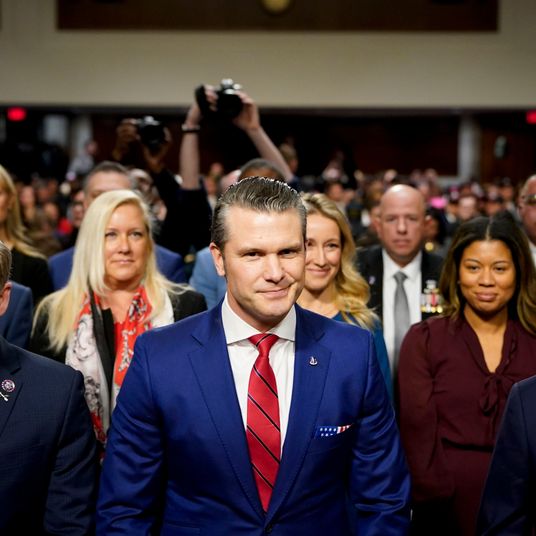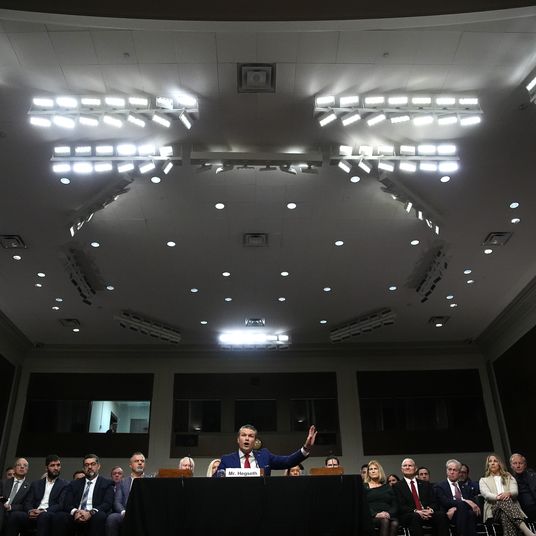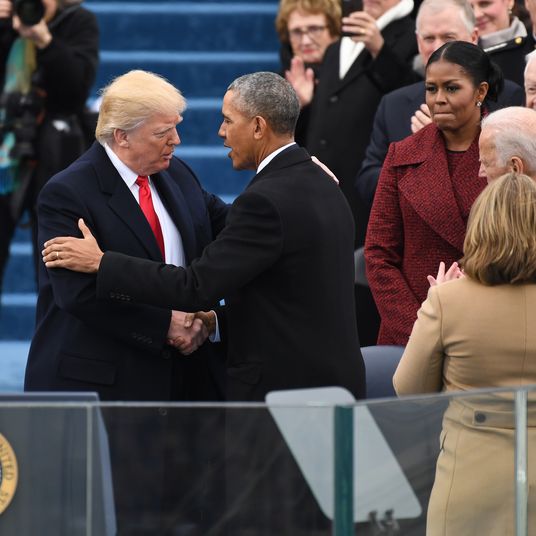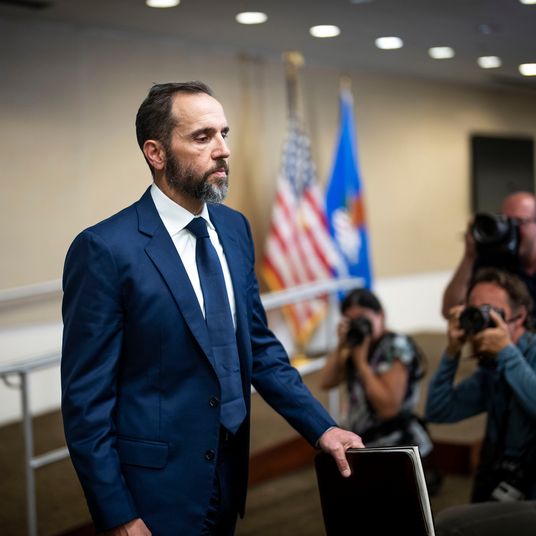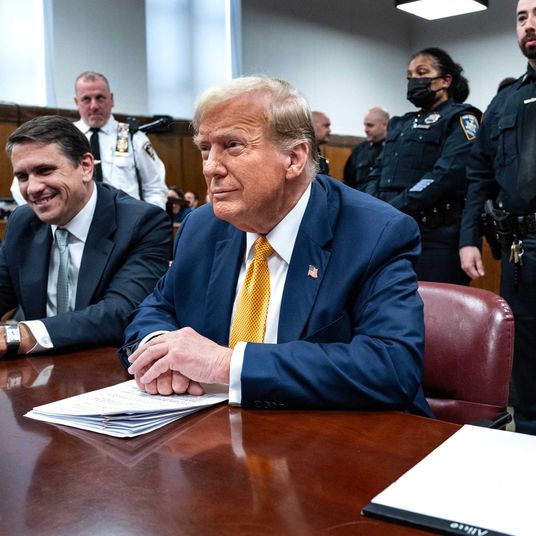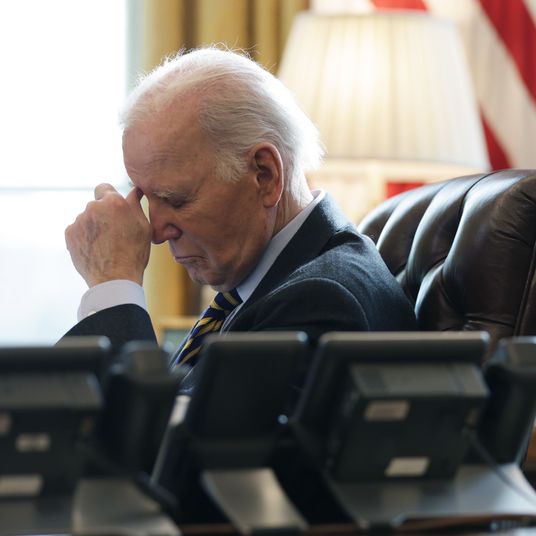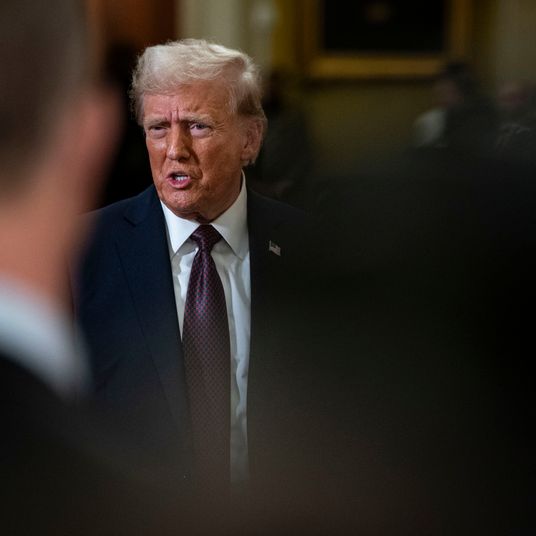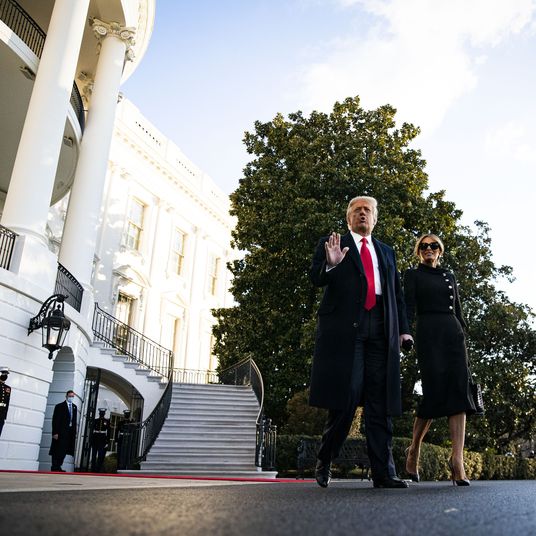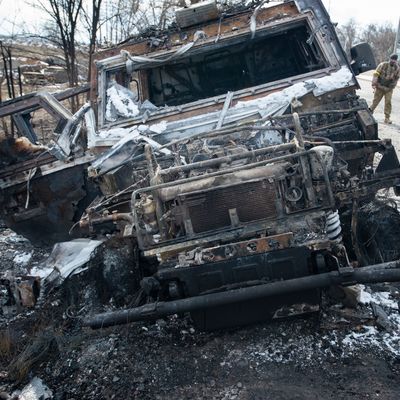
The U.S. government appears increasingly willing to acknowledge the role it has played in some of Russia’s most embarrassing military losses in Ukraine.
According to unnamed U.S. officials who spoke with the New York Times, at least some of Ukraine’s success in killing so many Russian generals — 12, by the Ukrainians’ count — has been thanks to American-provided intelligence. U.S. officials also told NBC News that U.S. intelligence played a crucial role in Ukraine’s sinking of Russia’s flagship in the Black Sea last month. President Biden reportedly criticized the leaks during a call with top intelligence officials on Friday, insisting the stories “distract from our objective.”
Per the Times “the targeting help is part of a classified effort by the Biden administration to provide real-time battlefield intelligence to Ukraine”:
The United States has focused on providing the location and other details about the Russian military’s mobile headquarters, which relocate frequently. Ukrainian officials have combined that geographic information with their own intelligence — including intercepted communications that alert the Ukrainian military to the presence of senior Russian officers — to conduct artillery strikes and other attacks that have killed Russian officers.
The officials made it clear that American intel didn’t factor into all of Ukraine’s operations targeting Russian commanders; it’s not clear what role the weaponry flowing from the U.S. to Ukraine may have played.
In response to the Times report, National Security Council spokeswoman Adrienne Watson said in a statement that the U.S. did not provide Ukraine intelligence “with the intent to kill Russian generals,” while Pentagon spokesman John Kirby acknowledged only that the U.S. shares “information and intelligence” with Ukraine “that they can use to defend themselves.”
Meanwhile, NBC News reported that, according to American officials, U.S.-provided intelligence contributed to one of Ukraine’s most stunning military successes in the war: striking and ultimately sinking the Moskva, the flagship of Russia’s Black Sea Fleet, in April. Per the NBC report, “Ukrainian forces asked the Americans about a ship sailing in the Black Sea south of Odesa,” and the U.S. identified it as the Moskva and gave the Ukrainians information about its location. Kirby insisted that the U.S. was “not involved in the Ukrainians’ decision to strike the ship or in the operation they carried out” and did not know the attack was coming.
Up to now, as the Times report explains, the Biden administration has been trying to keep its battlefield-intel assistance to Ukraine under wraps out of fear of provoking a wider war with Russia — despite the fact that everyone, including Russia, knows the U.S. and numerous other countries are making enormous contributions to Ukraine’s war effort. Defense Secretary Lloyd Austin, describing America’s goals after a surprise visit to Kyiv last month, said the U.S. wants “to see Russia weakened to the degree that it cannot do the kinds of things that it has done in invading Ukraine.”
What U.S. officials hoped to gain by effectively bragging that the U.S. deserves credit for some of Ukraine’s most notable war-time achievements is an open question, and there is an obvious risk of further goading Russian president Vladimir Putin, who already casts his invasion as a conflict between Russia and the West. One day after the two reports came out, President Biden shared his concerns about the apparent leaks with Austin, CIA Director William Burns, and Director of National Intelligence Avril Haines. According to an (again unnamed) official who spoke with NBC News, Biden said that the leaks were counterproductive and should stop.
The extent of the American role in these operations may be a matter of legal distinction without real-world difference. As the Post notes, “From the U.S. perspective, if Ukraine receives intelligence and then decides to take action in the country’s defense, the United States did not provide ‘targeting’ information that directed the Ukrainians whom or what to strike.” In other words, if the U.S. tells Ukraine where a Russian target is and Ukraine decides to blow it up, that’s on Ukraine since it pulled the trigger, even if it wouldn’t have been able to without help.
Whether Putin fully agrees with that is another matter. But it’s not like the U.S. and NATO have been shy over the years — and much more so lately — about providing weapons (i.e., “lethal aid”), bolstering Ukrainian defensive capabilities, and sending lots and lots of money. Whether that assistance is described as helping Ukraine defend itself or helping Ukraine kill and destroy as many Russian invaders as it can, the result is undoubtedly the same.






